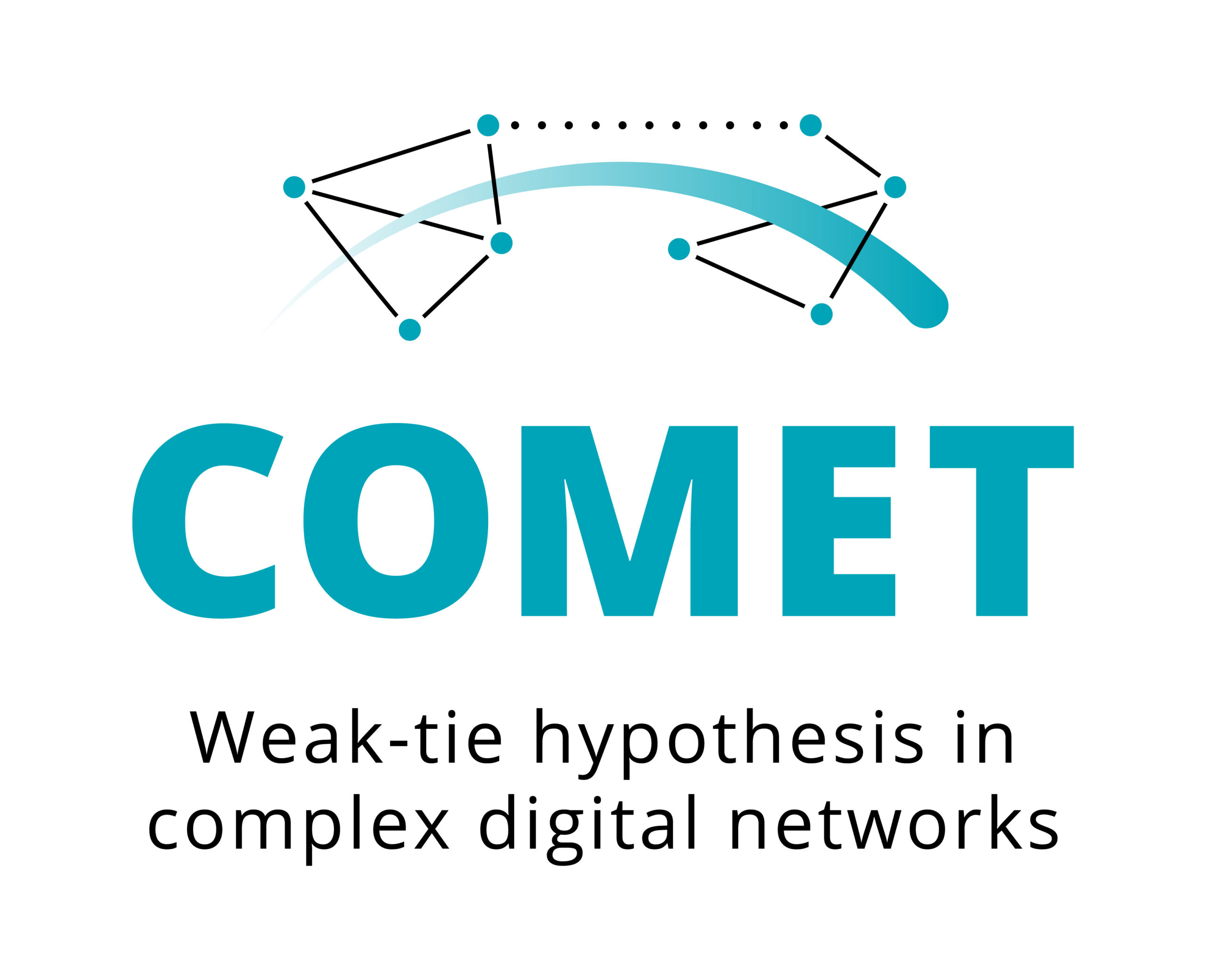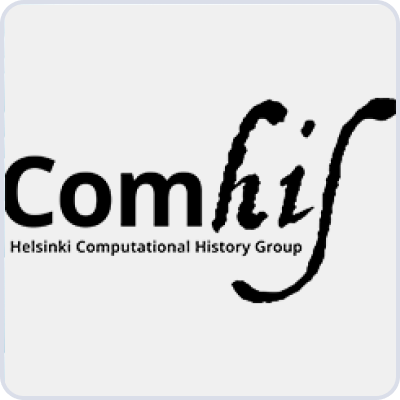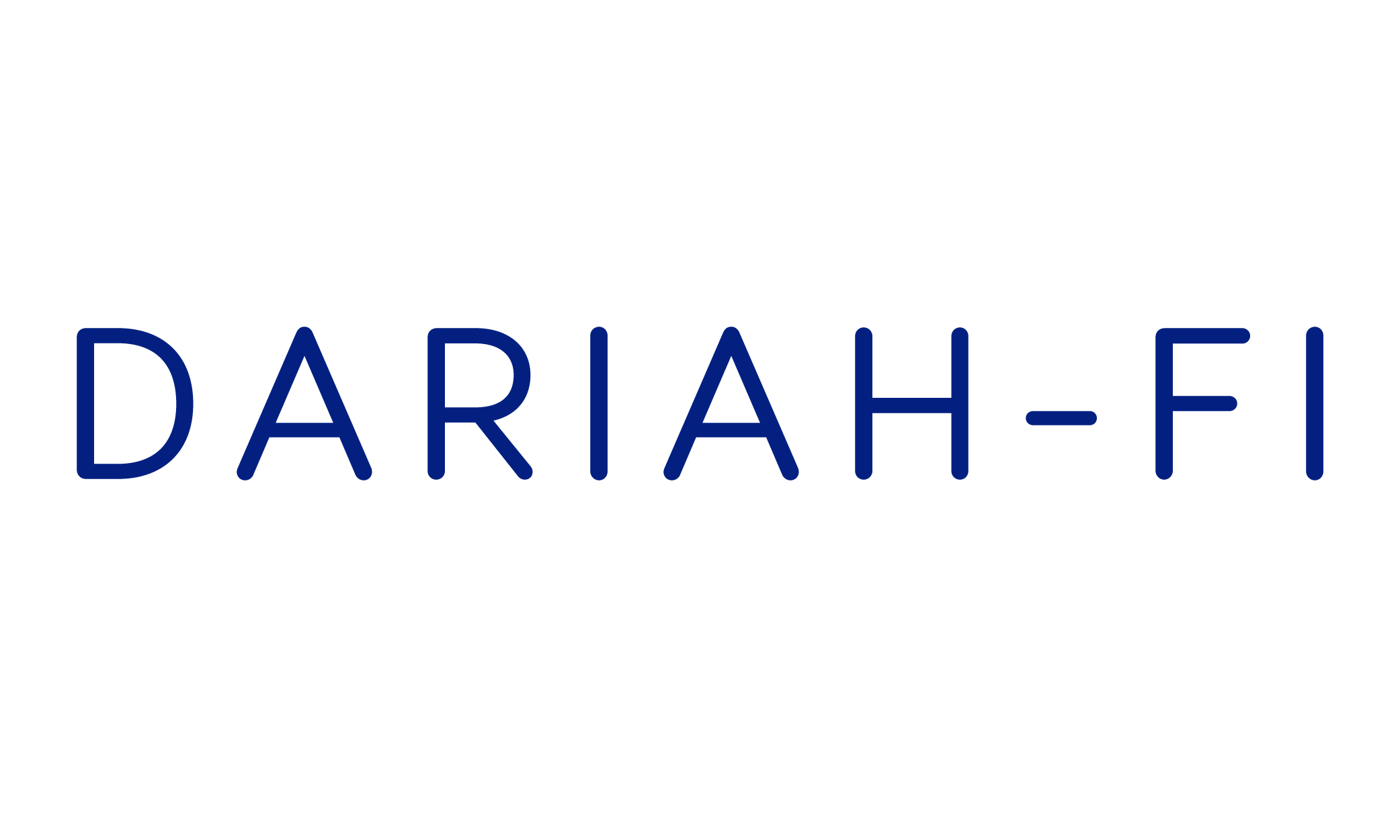Resources

Borders, Mobilities and Cultural Encounters BOMOCULT ![]()
BOMOCULT research community stems from the strategic objective of the University of Eastern Finland to provide answers to global challenges through research and it forms the core of the university’s profile area Cultural Encounters, Mobilities, and Borders. BOMOCULT is an abbreviation for these key terms in our research. We bring together research teams and scholars especially from the Karelian Institute, the Department of Social Sciences and the School of Historical and Geographical Studies at the Faculty of Social Sciences and Business Studies, as well as from the School of Humanities and the School of Theology at the Philosophical Faculty. Our research community performs top-level interdisciplinary and internationally networked scientific research as evidenced in numerous peer-reviewed publications, externally-funded research, interaction with policy stakeholders and civil society organizations, seminars, and the annual BOMOCULT conference.
Expertise
Contact
DARIAH node

COMET: Weak-tie hypothesis in complex digital networks ![]()
The COMET project, funded by the Research Council of Finland for 2024-28, focuses on studying how innovations spread in social networks. Social network theory predicts that innovations and new ideas spread most effectively through individuals who are loosely connected in networks. Numerous observations from a range of fields support this theory, but their evidence is mainly based on very small networks. This cross-disciplinary project tests the validity of the theory by examining how linguistic innovations spread in extremely large social media networks. The group brings together leading computational humanities experts, sociolinguists and computer scientists.
In addition to advancing basic research, this project leads to considerable societal impact, since the technical tools developed can be used to model the spread of disinformation in social media effectively.
Expertise
Contact
DARIAH node

Helsinki Computational History Group (COMHIS) ![]()
Helsinki Computational History Group (COMHIS) is an interdisciplinary team that studies intellectual history. The work in the group is guided by methods from various different backgrounds ranging from modern data science and machine learning to history and linguistics.
Expertise
Contact
DARIAH node

Centre for Social Data Science (CSDS) ![]()
The Centre for Social Data Science (CSDS) cultivates data-intensive quantitative methods for a social-science-anchored response to the datafication and digitalisation of society. CSDS aims to provide comprehensive and methods-focused teaching for students in the Contemporary Societies (COS) Masters Programme. The centre engages in collaborative research projects in fields such as, demography, sociology, and social policy to improve applied research methods, and propel such work into the future through suitable, robust, and ethical research infrastructure.
Expertise
Contact
Matti Nelimarkka (2025), Maria Valaste (2026-)
DARIAH node

Game Research Network is an interdisciplinary network uniting researchers and students who are interested in game studies. Game Research Network aims to support game-related research endeavors at University of Jyväskylä and communication between researchers from different disciplines. The network organizes seminars and informs its members of new research opportunities, relevant events and news in the field.
Expertise
Contact
DARIAH node

The Human Sciences – Computing Interaction (HSCI) ![]()
The research group seeks to figure out the technological, processual and theoretical underpinnings of successful computational research in the humanities and social sciences.
Expertise
Contact
DARIAH node

Helsinki Institute for Social Sciences and Humanities (HSSH) ![]()
The institute is building a research culture that creates new multidisciplinary and inspiring research collaboration on the City Centre Campus and with partners outside the university. It promotes the renewal of content and methodology in the research fields in social sciences and humanities.
Expertise
Contact
DARIAH node

InfUSE (Information interaction and use) is a group of multidisciplinary researchers in information interaction and use. The group studies all aspects of information searching, information use in various contexts, interactive information retrieval and information interaction. InfUSE is interested in how the current information environment and changes in it are augmenting human behavior and performance.
Expertise
Contact
DARIAH node

The JYUDIG network aims to bring together researchers whose work includes a digital dimension, either in terms of material or methodology. Together, we can have an impact and share know-how with researchers interested in digital topics. The network supports this by organizing events, workshops, and courses to facilitate digital humanities research.
Expertise
Contact
DARIAH node

The main research areas are clustering methods, location-based services, data and web mining, and optimizing health care applications. Currently there are also activities in TSP, Twitter data analysis, intelligent robotics, algorithmic music composition, and biomedical signal analysis. Earlier topics have been image and speech processing.
Expertise
Contact
DARIAH node

Political Representation: Tensions between Parliament and the People from the Age of Revolutions to the 21st Century ![]()
Is democracy in its representative form in crisis or just adapting itself to changing circumstances? This project answers this question by exploring the contested nature of concepts that are used to construct democracy – by analysing how parliamentarians’ understandings of representation and democracy have changed over time in interaction with society at large. (Project period: 1.9.2021 – 31.8.2026)
Expertise
Contact
DARIAH node

Finnish and Finnish-Swedish sign language corpus work: During the Finnish Sign Language Corpus project, a total of 103 sign language native speakers living in different parts of Finland were videotaped. Corpora, or linguistic research data, are used when searching for instances of expression use, calculating their frequencies or evaluating research hypotheses.
Expertise
Contact
DARIAH node

Semantic Computing Research Group (SeCo) ![]()
The local node in the Aalto University is situated at the Department of Computer Science, Semantic Computing Research Group (SeCo), that has affiliated members also at the Helsinki Centre for Digital Humanities (HELDIG) and Helsinki Institute for Social Sciences and Humanities (HSSH). Our focus is on developing and maintaining a national Linked Open Data (LOD) infrastructure and applications for Digital Humanities. Specifically, we work on the Sampo series of LOD services on the Linked Data Finland platform LDF.fi, tools for creating and publishing LOD, such as the Sampo-UI framework, and on semantic portals with data-analytic tools for knowledge discovery. There are over 20 Sampo portals on the Web that have had up to millions of users.
Expertise
Contact
DARIAH node

TurkuNLP is a leading Finnish research group in natural language processing (NLP) and digital language studies. Known for its strong interdisciplinary focus ranging from digital humanities to BioNLP and large language models, the group develops advanced language technology tools and resources, and runs a number of projects targeting language use in digital collections. TurkuNLP is internationally recognized for its work on dependency parsing, with widely used tools such as the Turku Neural Parser Pipeline and contributions to Universal Dependencies. Further, TurkuNLP works on the development of large language models such as FinGPT and Viking, and pioneers in structuring web corpora through web register (genre) identification.
Expertise
Contact
DARIAH node

Turku Data Science group is a leading Finnish research group in computational humanities. The main research focus is in the analysis of complex natural and social systems using the state-of-the-art approaches in scientific data analysis. The group has developed data science frameworks to advance computational analyses of cultural production, population studies, and ecological systems and runs a number of internationally recognized projects in these areas. The team coordinates the international rOpenGov developer network (ropengov.org) that provides open data science methods for open government data.
Expertise
Contact
DARIAH node


